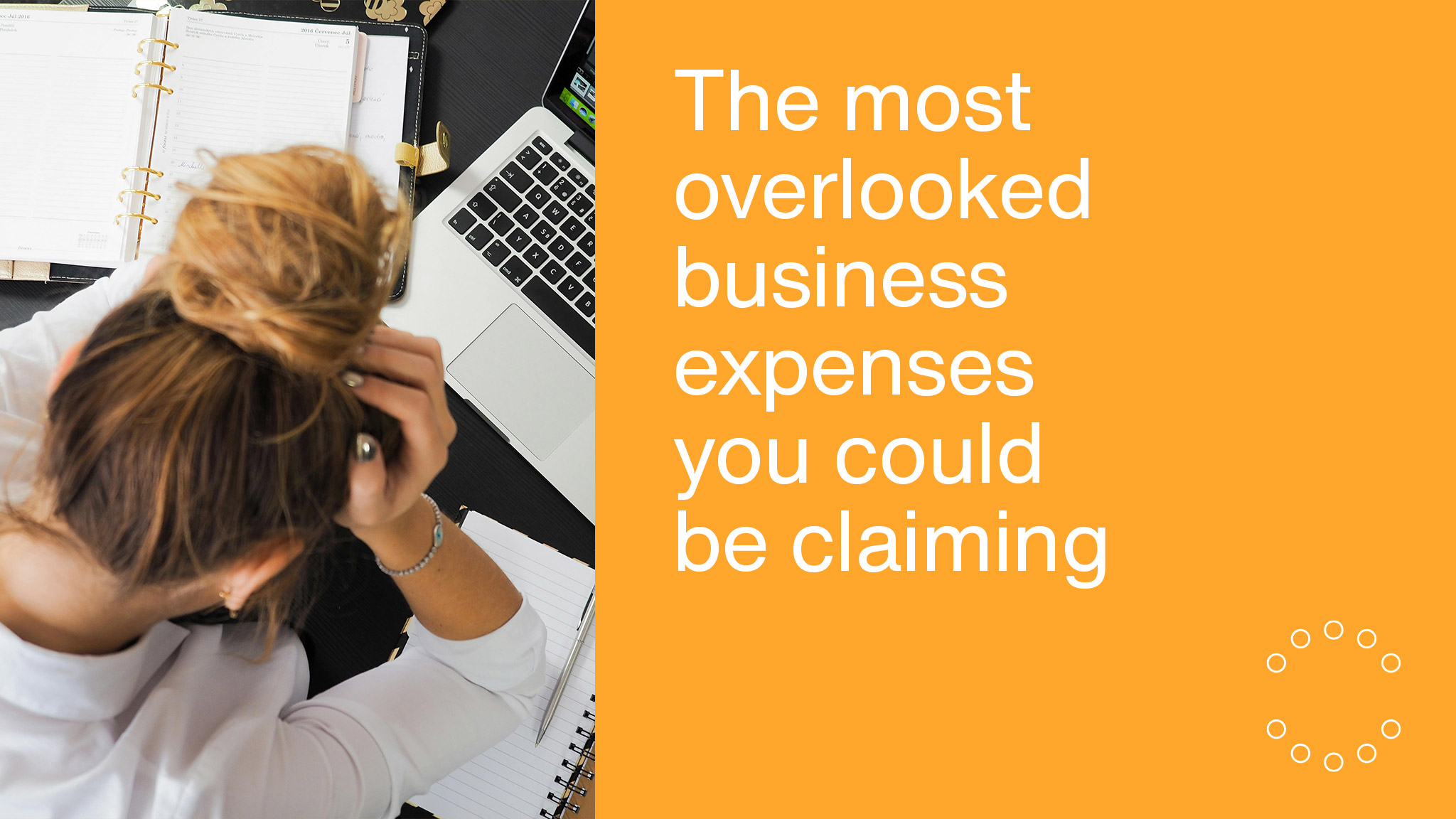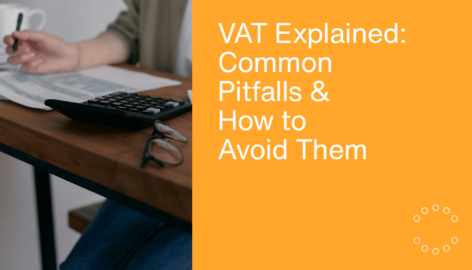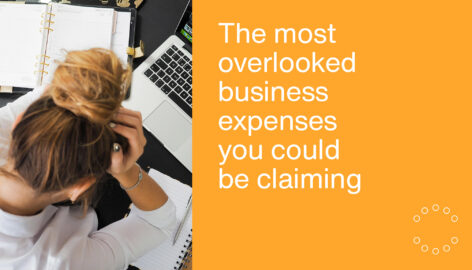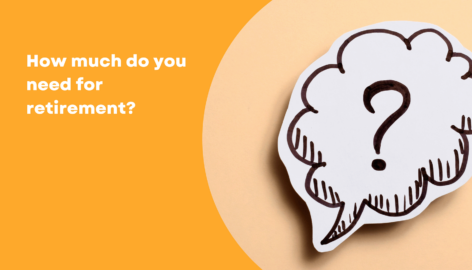When it comes to running a business, every penny counts — especially at tax time. Yet many UK business owners, from sole traders to limited companies, miss out on valuable deductions simply because they’re unaware of what they can claim. HMRC offers a wide range of allowable expenses that can reduce your tax bill, but some of them fly under the radar.
Here are some of the most commonly overlooked business expenses you could be claiming.
-
Use of Home as Office
If you work from home, even part-time, you can claim a portion of your household bills. This includes:
- Heating and electricity
- Council tax
- Internet and phone usage
- Rent or mortgage interest
You can use HMRC’s simplified flat rate or calculate a proportion of actual costs based on the number of rooms used and hours worked.
-
Mobile Phone Costs
If your phone is used for both business and personal use, you can claim a fair percentage of your monthly bill. For limited companies, the business should ideally own the mobile contract to claim the full cost.
-
Professional Subscriptions and Memberships
If you’re a member of a professional body or trade organisation relevant to your industry (e.g. CIPD, RICS, FSB), the subscription fees are usually tax-deductible — as long as the body is HMRC-approved.
-
Staff Training and Development
Training courses, webinars, and workshops that are relevant to your current business activities can be claimed. Even soft skills or compliance training like health and safety courses may be deductible if they help you or your staff perform better at work.
-
Bank Charges and Interest
Business bank account fees, overdraft interest, and loan interest related to business activities are all allowable expenses. Personal accounts used for business purposes may require apportionment.
-
Marketing and Advertising
Many businesses underclaim in this area, especially for digital efforts. You can deduct costs for:
- Website design and hosting
- SEO and social media advertising
- Business cards and flyers
- Sponsorships and giveaways
As long as it’s directly related to promoting your business, it’s generally claimable.
-
Mileage and Travel Expenses
While many business owners claim train fares or flights, they often forget about:
- Business mileage in personal vehicles (45p per mile for the first 10,000 miles)
- Parking fees and tolls
- Public transport for business meetings
Be sure to keep detailed records of dates, destinations, and purposes of travel.
-
Office Equipment and Supplies
From pens and paper to laptops and ergonomic chairs, these essentials are all deductible. For higher-value items (capital assets), you may need to claim via capital allowances rather than as day-to-day expenses.
-
Workwear and Protective Clothing
Uniforms with company branding, safety boots, hi-vis jackets, and other protective gear required for your job are tax-deductible. However, everyday clothing (even if only worn at work) isn’t usually allowed.
-
Unpaid Invoices (Bad Debts)
If you’ve invoiced a customer and they’re never going to pay, you may be able to claim it as a bad debt — effectively reducing your taxable income. This only applies to income you’ve already declared.
-
Business Insurance
Whether it’s public liability insurance, professional indemnity, or even cyber insurance, these are all allowable expenses — essential for protecting your business and your tax position.
Final Thoughts
Small, overlooked expenses can add up to big tax savings. It pays to keep detailed, accurate records and consult an accountant or tax advisor familiar with your business. By knowing what you can legally claim, you’ll avoid overpaying HMRC and keep more of your hard-earned income.
At Charterhouse Financial, we can help. Get in touch for a no obligation, initial consultation with no costs attached.










